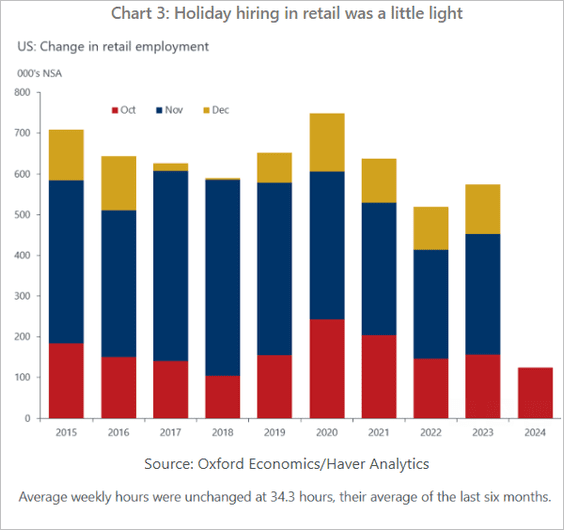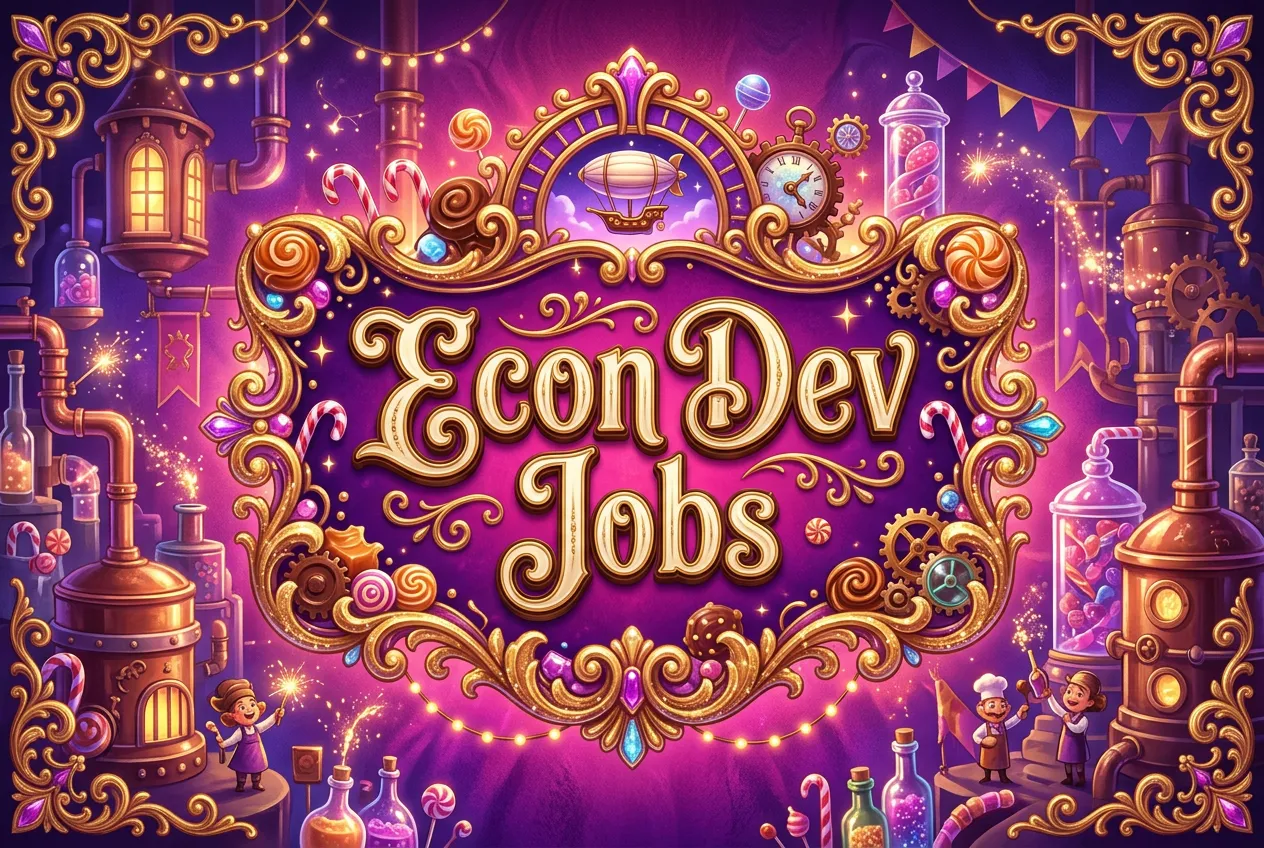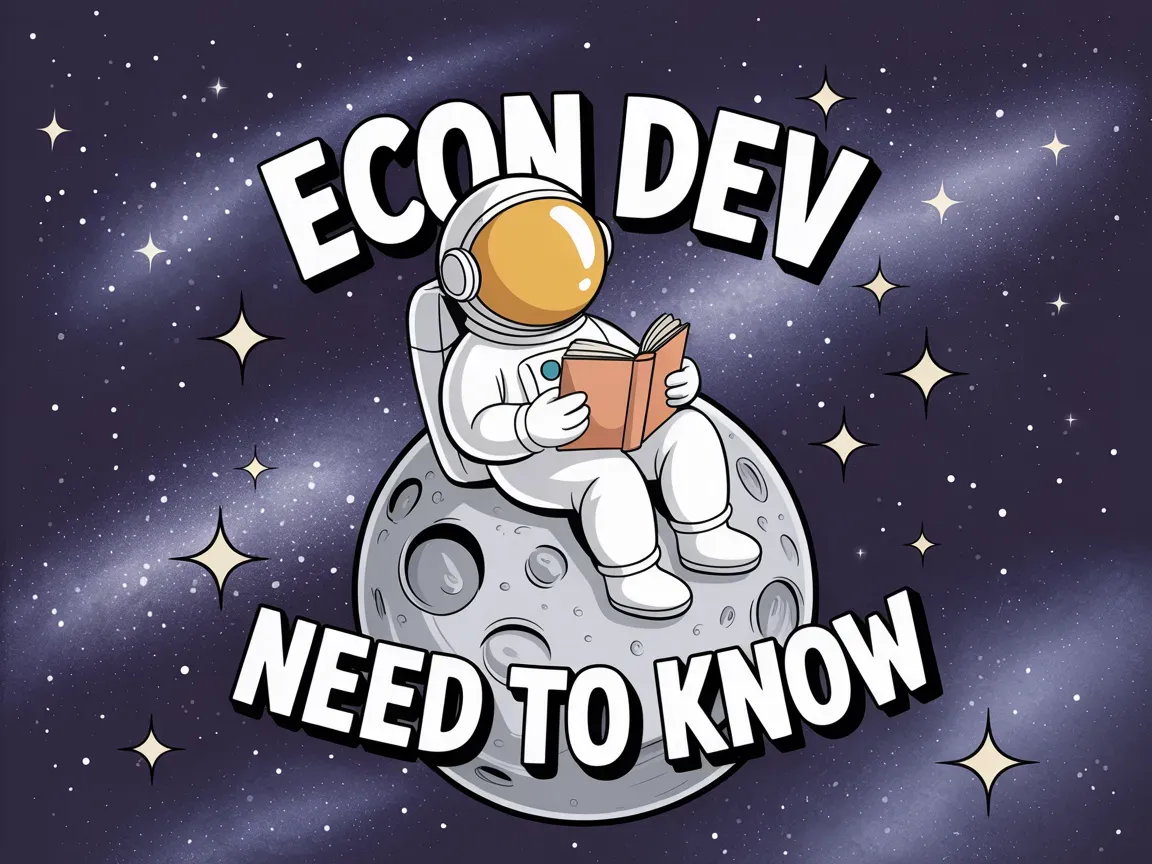24 Things Economic Developers Need to Know This Week
The stories Dane thinks you need to see. November 7, 2024 edition.

Welcome to this week's issue of What Economic Developers Need to Know This Week, where we explore the evolving dynamics of our economy.
This week we have 24 tools, stories, graphics, charts, and videos that I think you'll find informative, useful, inspiring, and perhaps even humorous. Some are economic development related directly, and some only indirectly. 🤔
If you're wondering what to do with the info in this newsletter, send something to your board members. It will make you look good!

Today's email is brought to you by Resource Development Group
RDG offers customized economic development fundraising solutions for Chambers of Commerce and Economic Development Organizations.
They are a small team with over 125 years of combined economic development fundraising experience and over $2 billion, yes, a Billion with a B, in funds raised for communities just like yours.
Every community is different. Atlanta, GA, is not Peoria, IL. Don’t use another city’s fundraising playbook, and expect the same results! A small market requires a different economic development fundraising strategy from a larger market.
RDG's experts thrive in providing customized economic development fundraising solutions for every situation. So whether you’re a startup organization or on your third funding cycle, they have the team and experience to get you the results you’re looking for.
1) Woah: Metro areas where more than 5% of the population uses public transportation to get to work:
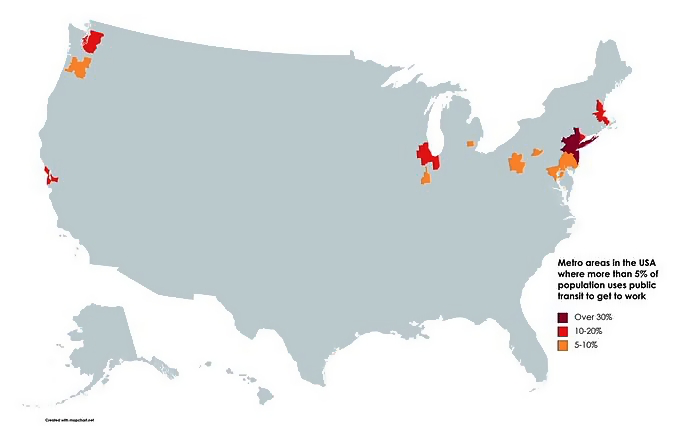
2) The decline of American life expectancy that started in 2015 and accelerated due to COVID is over. While America's life expectancy is still lower than most other developed countries, it's at the highest point in our history.
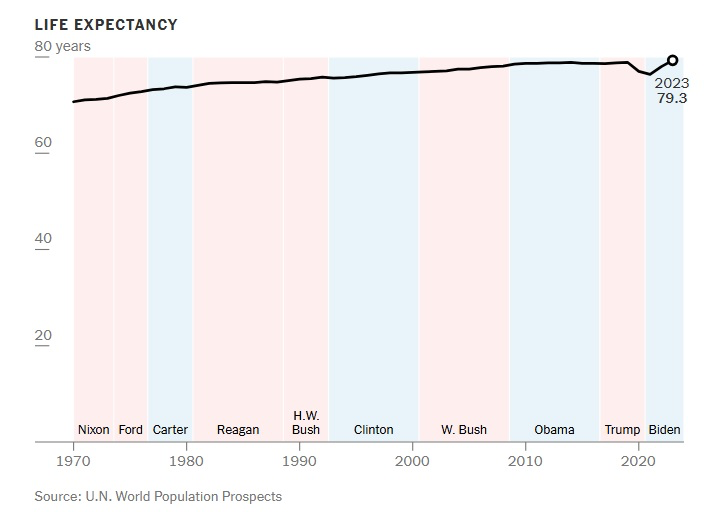
3) Per GDP, vehicle miles driven, population, and energy use, the US is polluting less:
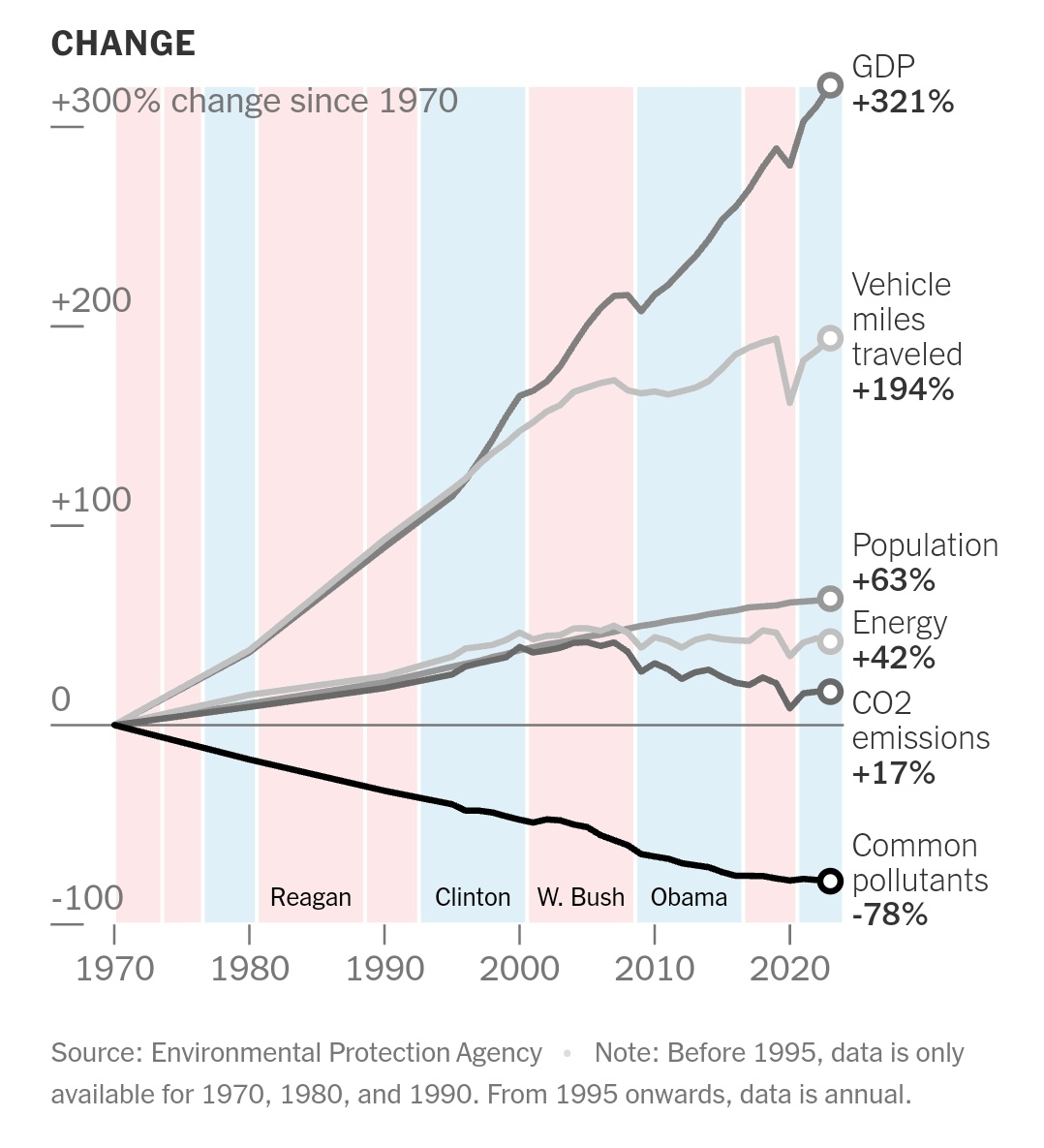
4) Dell Gines' "four waves" of economic development, going back to the 1930s:
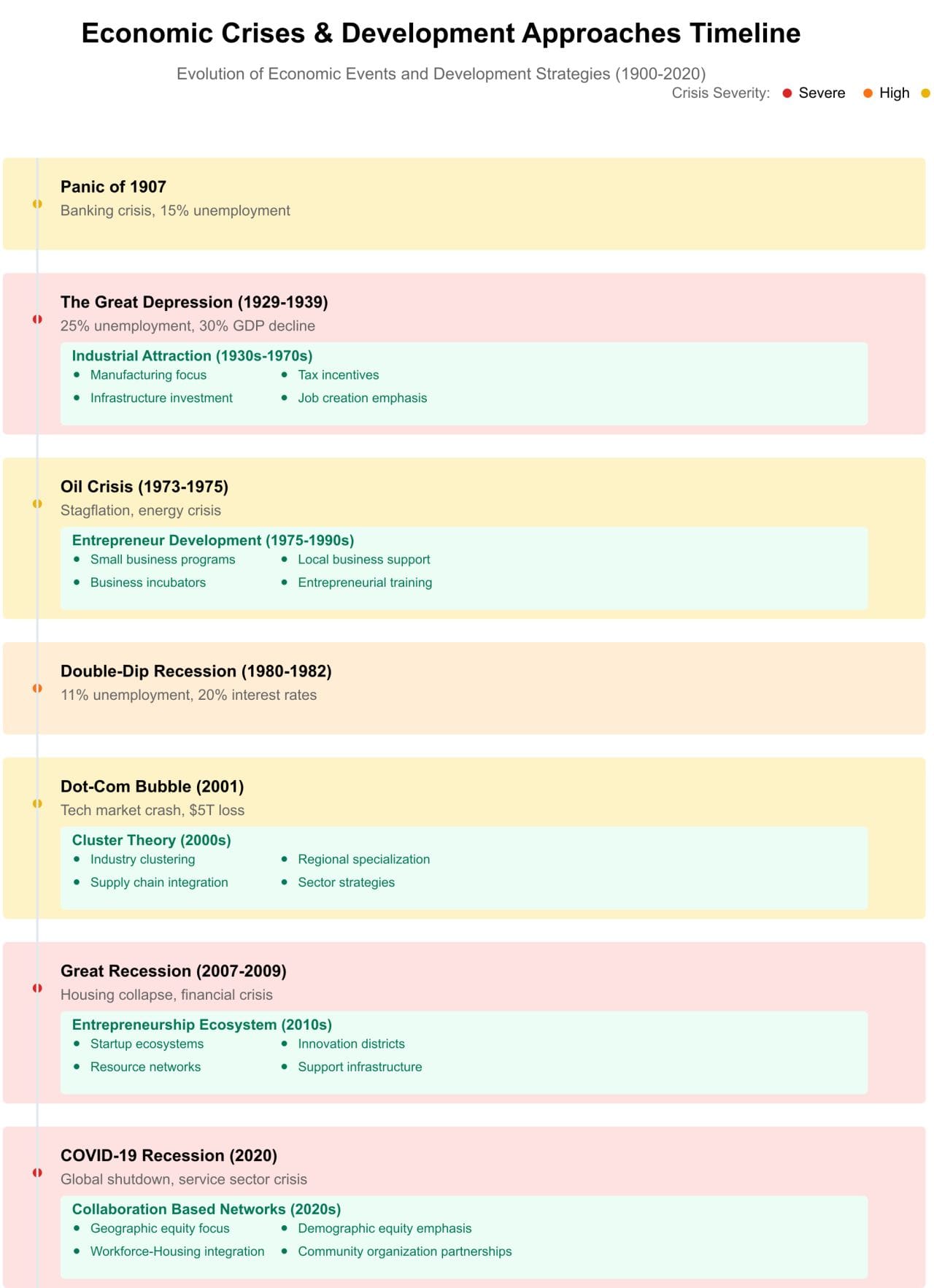
5) US Google search activity for "change my vote" on election night:
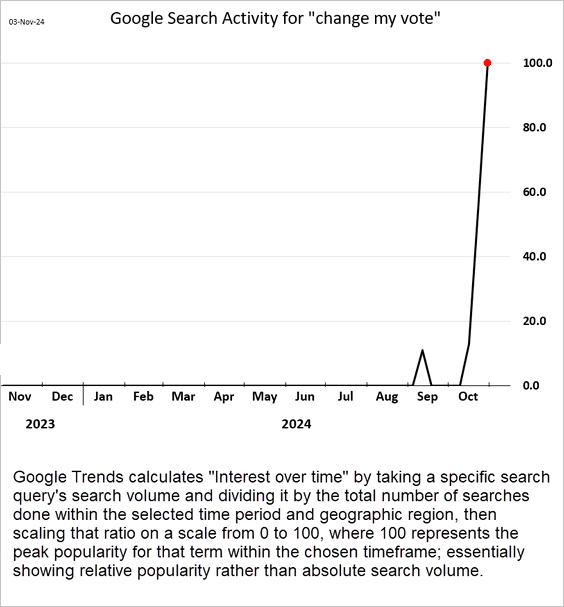
6) Childcare as the reason Americans work part-time instead of full-time:
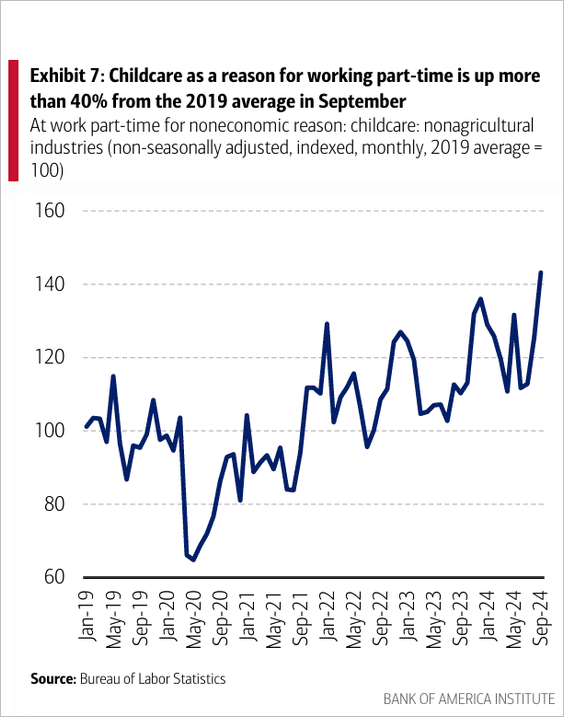
7) Holiday hiring has been relatively soft:
